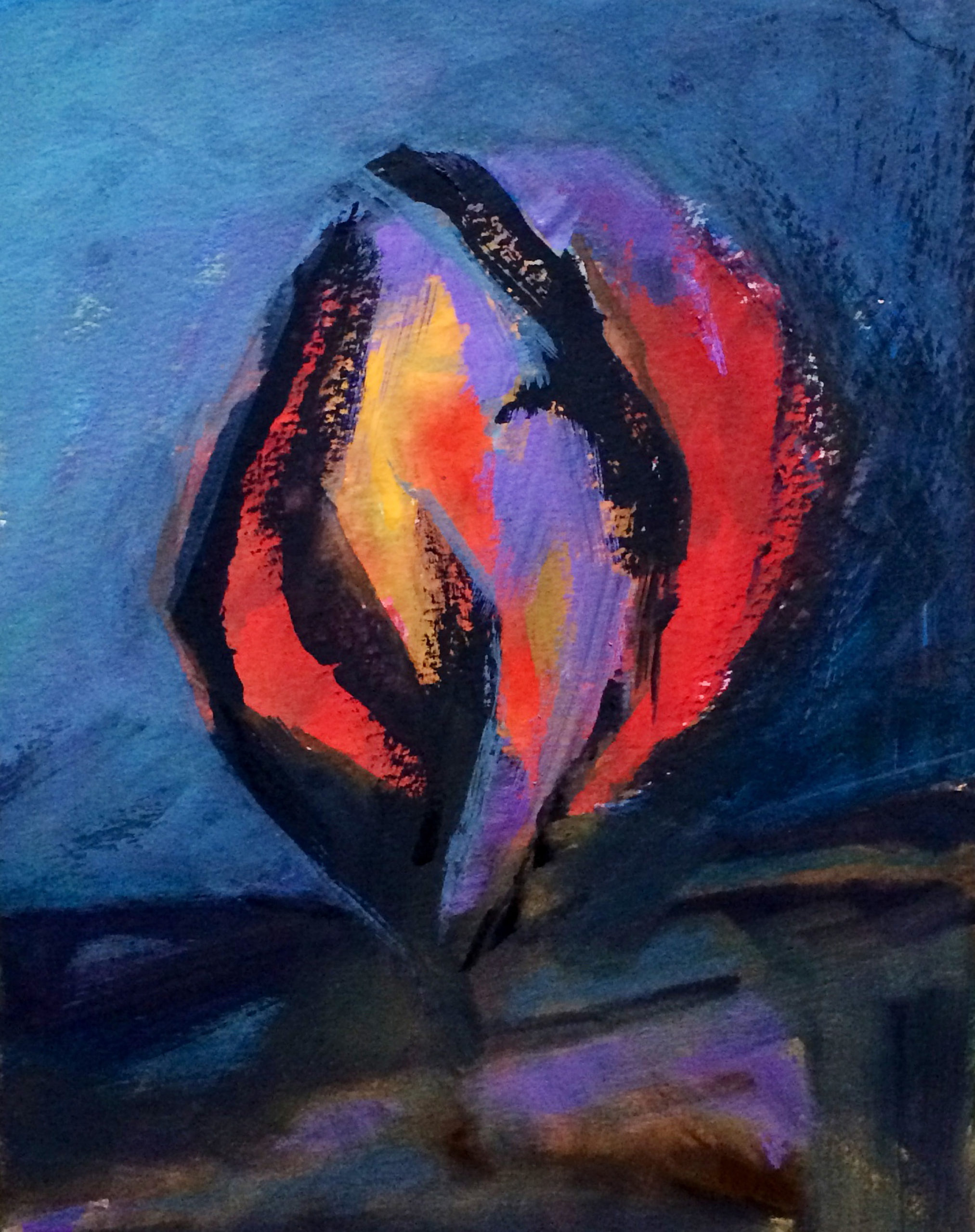Last month, I introduced receptivity/openness as the first of five interpersonal stances that support contemplative dialogue. These next few months will similarly focus on the interpersonal skills that support the movements of contemplative dialogue (grounding in self, open to others, seeking God, facing suffering, and commitment to wholeness), and work in tandem with the contemplative postures (spaciousness, suppleness, and surrender).
The complete list of interpersonal skills is: openness/receptivity, mutuality, dynamism, ambiguity, and resonance. As we move toward the second interpersonal stance, an important question remains: how does engaging the hard work of contemplative dialogue impact the world in service of the good?
The second interpersonal stance is mutuality. The stance of mutuality is characterized by intentional permeability and it builds on the earlier dual-stance of openness/receptivity. A mutual stance involves both offering a self and also desiring to go beyond oneself. Mutuality finds expression through a curiosity that constantly seeks out the unknown, probes what is already known, and allows for deepened knowing. In relationships, people operate from a stance of mutuality when they exhibit genuine respect for others. In spiritual encounter, mutuality occurs when one allows the boundary of self to be touched or impacted by others and by God.
An important nuance related to the stance of mutuality is the role of simultaneity. In mutuality, simultaneity points to mutual regard in all relationships. For example, I do not first think of my worth and dignity and then, later, afford you a sense of respect based on my sense of my own dignity and worth; rather, each is called to approach others as if worth and dignity are already present in the other, mutually benefiting each other at the same time. This recognition often occurs in the context of service and mission trips when those who thought they were “going to serve the other” recognize that they, too, received gifts from the one who supposedly needed to be served. Mutuality reminds us that we all serve and we all need to be served.
A similar dynamic is at work when we consider mutuality as part of our relationship with God. In this case, mutuality obviously does not point to sameness—we, of course, are not God. Yet, we are called to live more fully into the image and likeness of God, and similarly, God does not hold-out in offering high regard for us until after we have become holy; rather, God already sees the dignity and holiness within and helps to call it forth from us in mutual, loving regard (as Julian of Norwich reminds us in her image of the Servant who serves the Lord). Mutuality in our relationship with God helps us to step outside the conventional boxes of compartmentalization, in which God is in one special place (usually up) and we are some other, separate place (usually down). The mark of simultaneity on our mutual stance with God assures us that God is present to us even as we continue to work out the details of becoming more and more holy; God is not waiting until later, once we’ve figured it all out.
Whereas openness/receptivity invite us into a sense of spaciousness, living into a stance of mutuality calls us into the posture of suppleness. When we honor our own perspective as well as those of others who are different, we enter the dance of mutuality through the sleek moves of suppleness. When we allow God to show up in the midst of daily life and not just in certain places or spaces, we take another supple step toward mutuality. Within ourselves, when we allow both our shadows and our gifts to form us into better human beings, we applaud yet another instance of suppleness in service of mutuality.
Over the next few weeks, I invite you to consider how a stance of mutuality might help you to show up in the world, in service of the common good.
- What habits and activities allow you to practice mutuality? When and where is it more difficult?
- Who are the people in your life that inspire you to respect others?
- How can you be open to others in ways that promote mutuality?

